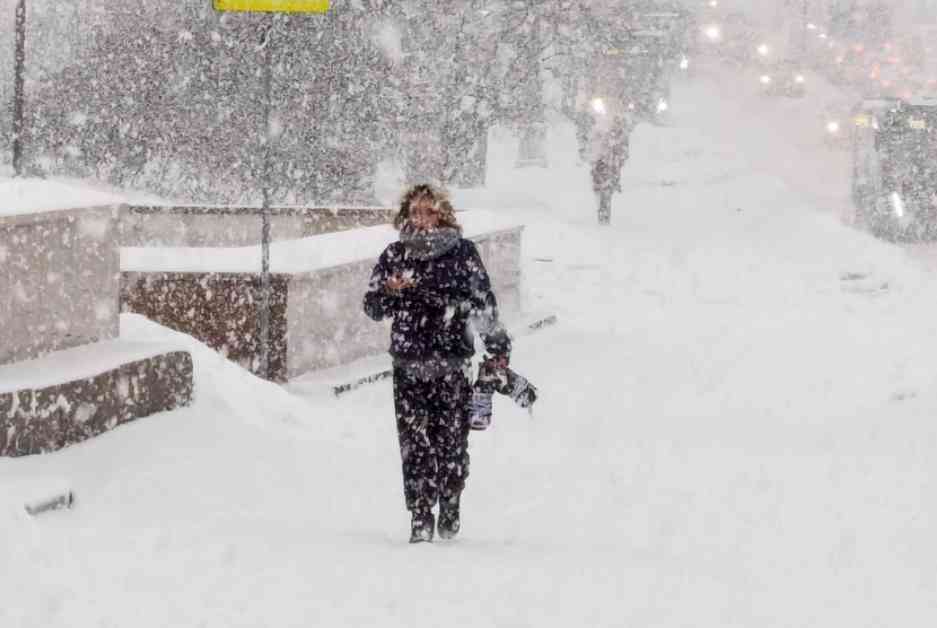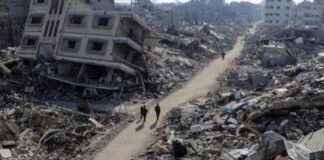Climate Change Impacting Winter in Russia
In Moscow, the signs of winter are shifting, with experts noting unusual changes that point to the impact of climate change. According to botanists and meteorologists, this winter in Russia is unlike any other seen before. From early blooming snowdrops to moderate January temperatures and a noticeable lack of ice in rivers and lakes, the evidence is clear.
Early Blooms and Milder Temperatures
One of the key indicators of this changing winter landscape is the premature blooming of snowdrops, known as Galanthus. Typically, these delicate flowers do not blossom until early April. However, this year, three out of the twelve Galanthus species have already begun to bloom, catching experts off guard. Vladimir Chub, the head of Moscow State University’s botanical garden, expressed concern over the low snow cover, which usually acts as insulation for plants during frosty mornings and a vital water source in the spring.
Disrupted Traditions and Unusual Weather Patterns
The impact of these weather changes goes beyond botany, affecting cultural traditions and religious practices. In mid-January, authorities in various regions across Russia had to restrict or cancel winter bathing rituals on Epiphany, a significant date for Orthodox Christians. The thin ice on rivers and lakes posed a safety risk for those who traditionally plunge into the icy waters to mark the occasion.
Historical Context and Meteorological Insights
Russia’s winter has long been celebrated in folklore and history, with freezing temperatures playing a pivotal role in shaping the nation’s past. The infamous winter of 1812, when Napoleon’s army faced extreme cold while retreating from Moscow, resulting in significant casualties, remains a haunting reminder of the harsh climate’s power. Meteorological experts like Leonid Starkov from Gismeteo highlight the drastic temperature deviations in central Siberia, with deviations exceeding 10 degrees Celsius from normal.
Public Perception and Nostalgia
Amidst these changes, the residents of Moscow hold varying opinions on the evolving winter conditions. While some welcome the milder temperatures, others like Ignat Tarasov and Alexei Yurov lament the lack of snow for skiing. Yurov, reflecting on his Soviet upbringing, reminisced about knee-high snow and joyful ski outings in January, underscoring the nostalgia for a winter that seems increasingly elusive in the face of climate change.
As the winter in Russia continues to evolve, these observations and personal reflections underscore the profound impact of climate change on a season deeply ingrained in the country’s cultural fabric. The signs are clear, pointing towards a future where traditional winters may become a thing of the past.














